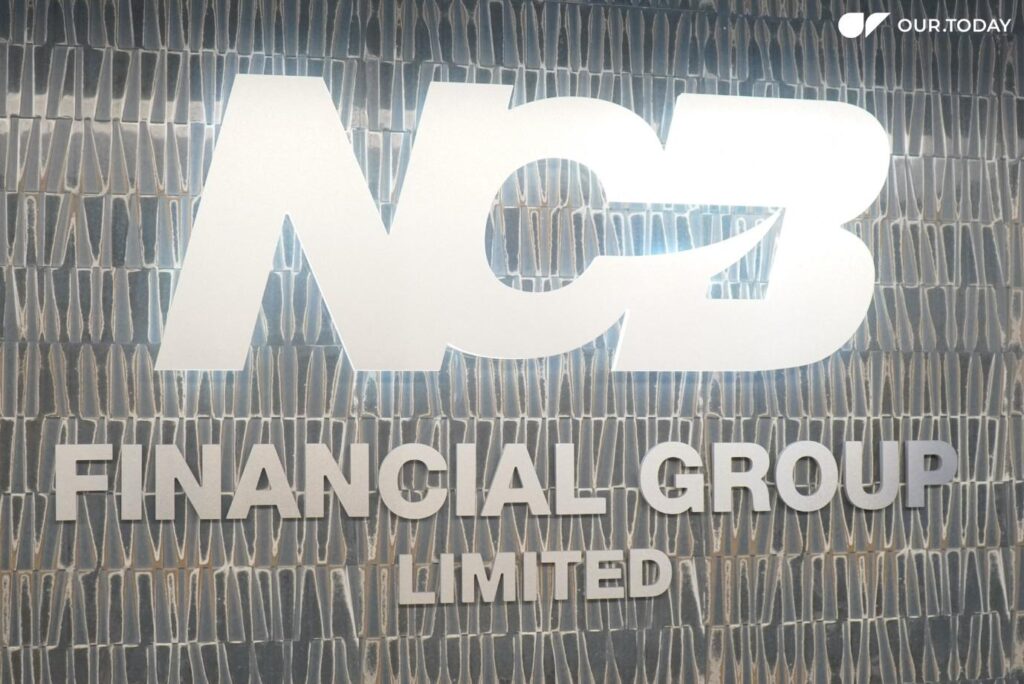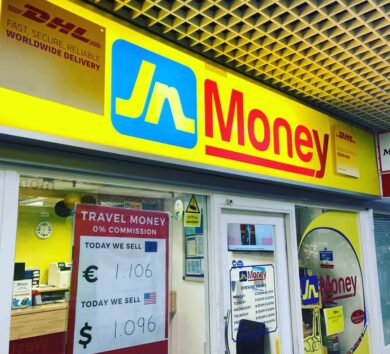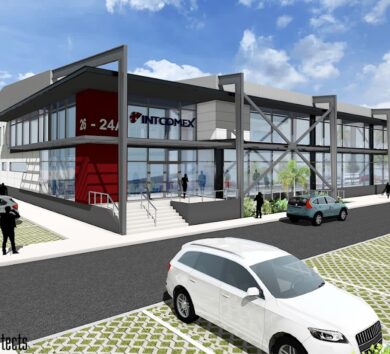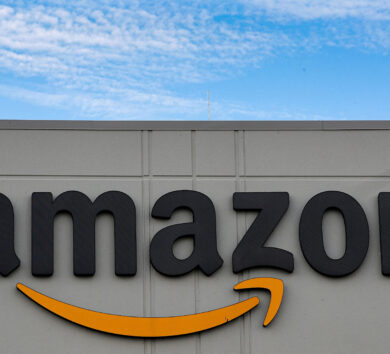

Banks in Jamaica have long loathed making loans available to start-ups and micro-businesses.
Often one hears that many of these loans end up as delinquencies and that the returns are simply not there so why bother?
Better to stick with established businesses, well-to-do family enterprises and people who are known—in other words, play it safe.
Most of Jamaica’s leading commercial banks are outposts of big international finance houses and therefore have to meet targets with no latitude for what is happening in their respective territories. New businesses do not spell big profits. Why take a risk on a risk thinks a banker who wears a belt and braces.
It’s tough to grow a new business in Jamaica and those who turn them into firms that can compete against anyone in the world have to be commended and afforded national hero status.
All too often start-ups have to be “boot-strapped” with support from friends and family.
Jamaicans are enterprising but their ventures do not get funding from commercial banks.

Over the last decade, great efforts have been made to stabilise the economy and undergird it with reliable and firm pylons.
Achieving this has been a herculean feat and Jamaica has been commended by international agencies for its fiscal discipline. The mission now is to go from stability to growth. Small enterprises are the engine of growth as they spur consumer spend. Jamaica imports far too much and it is time that was reduced and Jamaican companies provide essential goods and services for its people.
Only last week, Prime Minister Andrew Holness urged Jamaicans to take risks and become entrepreneurial. He is absolutely right. Napoleon called Britain “A nation of shopkeepers”. Jamaicans must now own their shops.
“That is the economy that we are building, an economy that depends on the entrepreneur being willing to mobilise capital, but more importantly, the entrepreneur is a visionary; the entrepreneur is not a dreamer. The dreamer has his eyes closed, the entrepreneur is a visionary. He has his eyes open, he understands the risks, he sells the vision, he brings people together, he’s committed to it even when his family tells him no and he stays with it, and at the end of the day you see the results.”
Commercial banks must play their part in helping the entrepreneur and in turn power the economy. That’s how wealth is created.
Of course, banks must be prudent and carefully evaluate both the potential of the venture and the character of its lead principal. It is incumbent on the entrepreneur to honour his or her word, make every effort to comply with the bank.
Banks do not support lost causes.
With President Donald imposing a range of tariffs on countries across the world and a 10 per cent tariff on Jamaican goods, a decline in economies is expected.

A small, open economy like Jamaica will have to fend for itself. Jamaica will have to get behind both its agriculture and manufacturing sectors. People going into those sectors will need support.
NCB has created a fund for SMEs and has heeded the Bank of Jamaica’s (BOJ) signal to make loans at reduced rates. Perhaps commercial banks in Jamaica can create a fund to provide financing for small and micro enterprises. This would help to spur economic growth.
In developed countries, there are commercial banks willing to fund start-ups. This has become more so with the success of companies like Apple, Amazon, Alphabet and Meta.
These listed banks are prepared to fund start-ups :
Bank of America | US$1,000 – US$5 million
Wells Fargo | US$5,000 – US$ 5 million
Chase | US$5,000-$5 million
Capital One | US$10,000 – US$ 5 million

So what does it take to build and create a successful start-up? You need a successful team, people able to put their shoulders to the wheel. You are dead if you are looking to build a company with clock watchers and those happy to take home a steady pay cheque at the end of the month.
You must have the ability to adapt. Circumstances are ever-changing, and so too the financial and economic landscapes. People will let you down. You need a tough hide. You have to approach your business fully grasping that the customer is the true reality. You have to identify what is your business model. Then there is timing, YouTube came at the right time when the media was beginning to fracture and people didn’t sit around the television waiting for the 7:000 pm news. Is the market ready for what you have to offer?
Of course, there is funding for the business, the lifeblood of any enterprise. One must always be looking for exponential growth, and the ability to scale.
It does help enormously to have a product or offer a service people can tell their friends and family about. Word of mouth goes a long way. Now this is vital, your business has to be easy to explain. If it is too difficult to comprehend chances are you will not generate interest.







Comments